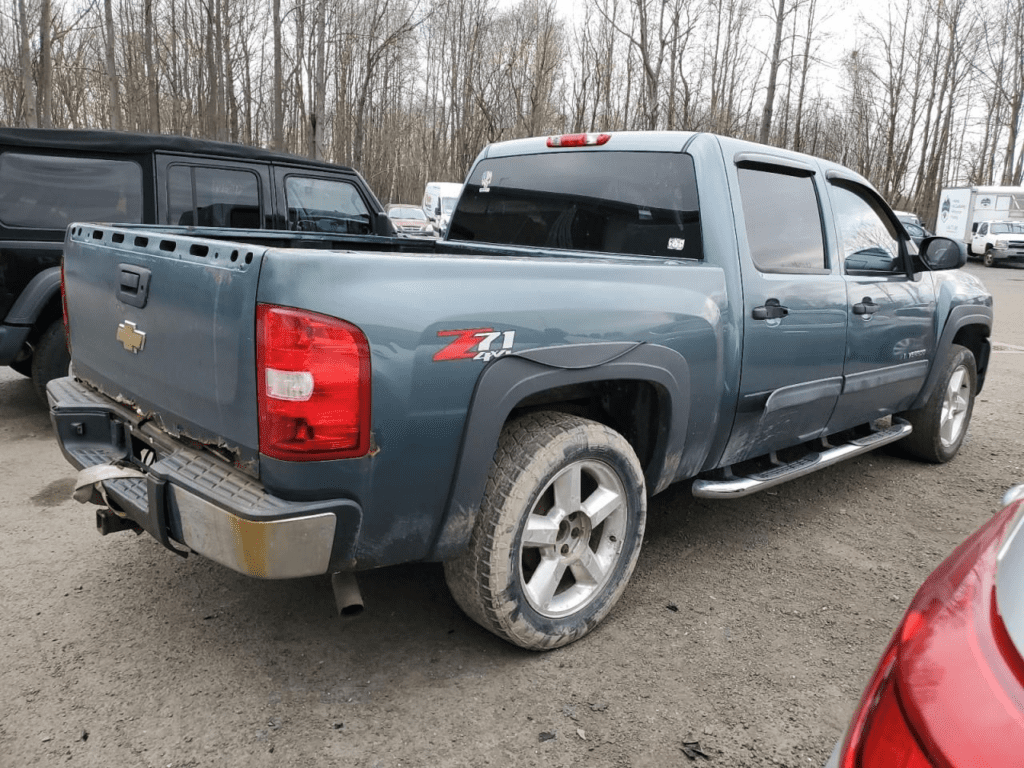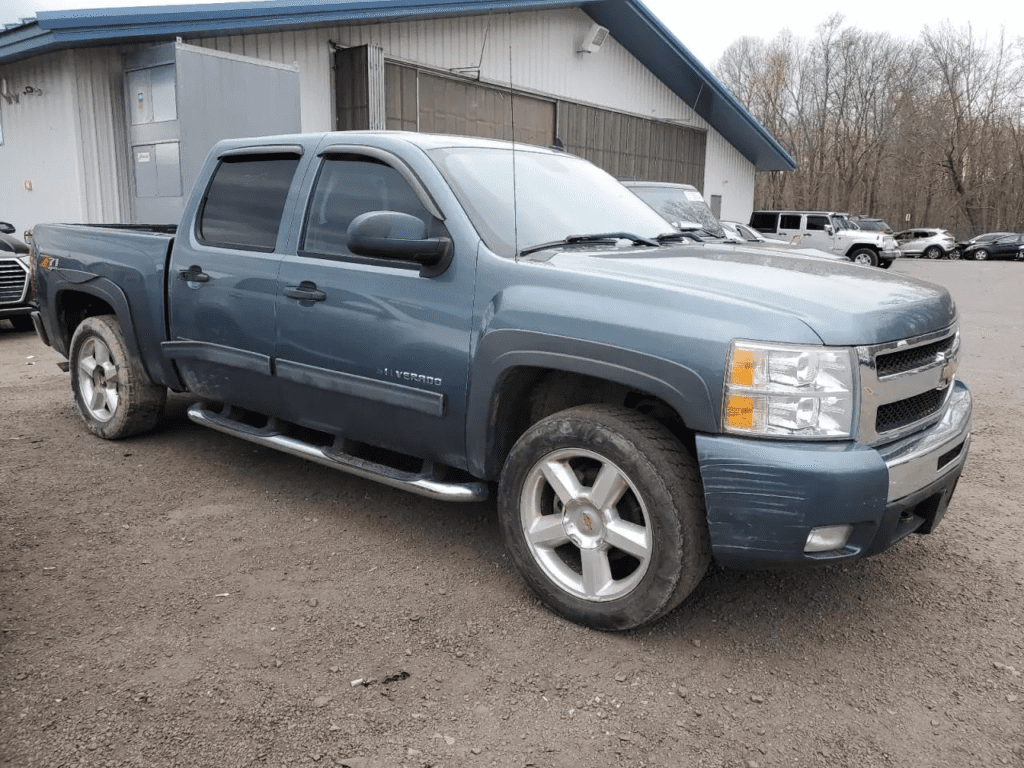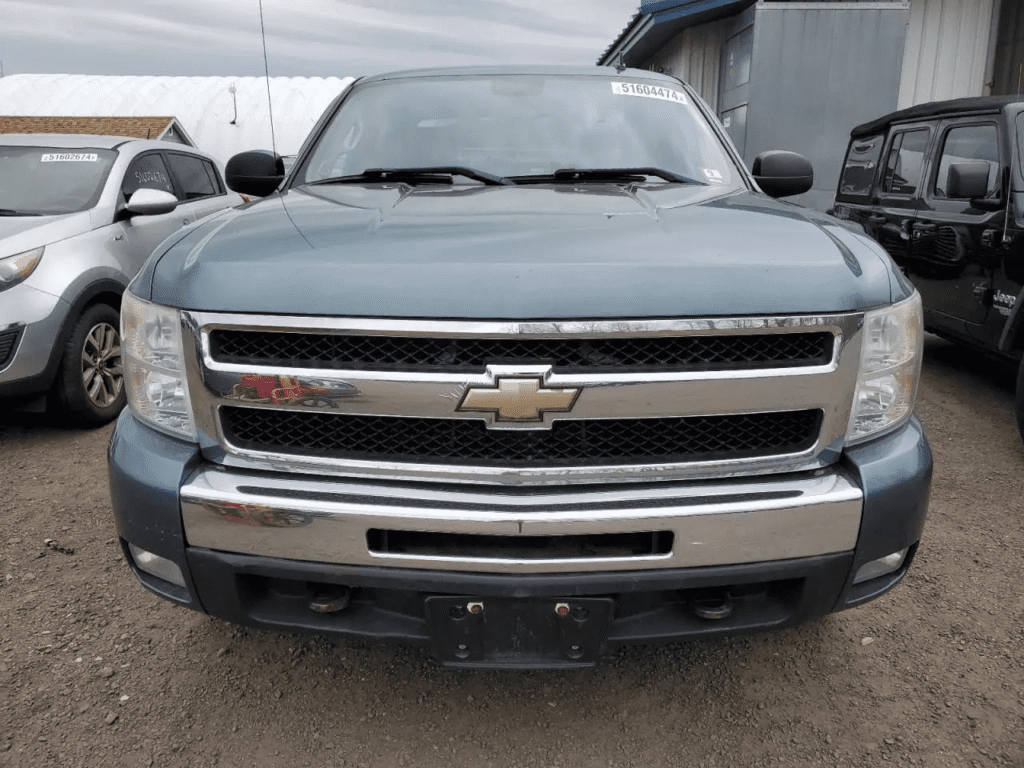When it comes to purchasing a vehicle, many buyers find themselves at a crossroads: should they opt for a brand-new model, a certified pre-owned car, or a salvaged vehicle? The last option, while sometimes overlooked, presents a myriad of advantages that can make it an appealing choice for savvy consumers. In this blog, we’ll dive deep into the world of salvaged vehicles, exploring what they are, how to buy them, the pros and cons, and tips for making a smart investment.

Understanding Salvaged Vehicles
What is a Salvaged Vehicle?
A salvaged vehicle is one that has been damaged to the extent that an insurance company deems it a total loss. This could happen for several reasons, including:
- Accidents: A collision that leads to significant structural damage.
- Natural Disasters: Floods, hurricanes, or hailstorms can render a vehicle inoperable.
- Theft Recovery: A stolen vehicle that has been recovered after extensive damage.
After being declared a total loss, the vehicle is typically sold at auction or to a salvage yard. Once repaired, these vehicles can be resold to the public, often at a fraction of their original cost.
Title Types
When considering a salvaged vehicle, it’s essential to understand the different title designations:
- Salvage Title: Indicates that the vehicle has been deemed a total loss.
- Rebuilt Title: Given to salvaged vehicles that have been repaired and passed inspection, allowing them to be driven legally.
- Junk Title: Indicates that the vehicle is not roadworthy and should not be driven.
Understanding these titles is crucial for assessing the vehicle’s history and potential resale value.
Pros of Buying Salvaged Vehicles
Cost Savings
One of the most significant advantages of buying a salvaged vehicle is the cost savings. Salvaged cars can be priced anywhere from 30% to 70% less than their market value. For budget-conscious buyers, this represents an incredible opportunity to own a vehicle that would otherwise be financially out of reach.
Unique Finds
For car enthusiasts or those looking for something out of the ordinary, salvaged vehicles often come with unique features or models that are hard to find on the market. Whether it’s a vintage car or a high-end model that was involved in a minor accident, salvaged vehicles can offer excellent options for customization and restoration.
Potential for Value Increase
Once a salvaged vehicle is repaired and has a rebuilt title, it may appreciate in value. If you choose wisely and make quality repairs, you could sell the vehicle for more than you paid, allowing for a profitable return on your investment.
Environmentally Friendly
Purchasing a salvaged vehicle can be seen as an environmentally responsible choice. By opting for a used car rather than a new one, you’re reducing the demand for new vehicle production, which consumes resources and contributes to pollution. Additionally, salvaged vehicles are often recycled for parts, further reducing waste.

Cons of Buying Salvaged Vehicles
Unknown History
One of the significant drawbacks of purchasing a salvaged vehicle is the uncertainty surrounding its history. Unless you conduct thorough research, you may not fully understand the extent of the damage or the quality of the repairs. This uncertainty can lead to future problems if critical issues are overlooked.
Repair Quality
The quality of repairs on a salvaged vehicle can vary widely. Some vehicles may have been expertly restored, while others might have had quick fixes that could lead to long-term reliability issues. It’s crucial to evaluate the repair work thoroughly to avoid potential headaches down the line.
Insurance Complications
Obtaining insurance for a salvaged vehicle can sometimes be challenging. Some insurance companies may refuse coverage or offer only limited options for salvage or rebuilt titles. It’s essential to shop around and find an insurer willing to provide comprehensive coverage for your specific vehicle.
Resale Value
While it’s possible for a salvaged vehicle to appreciate in value, it’s also likely that it will have a lower resale value compared to a clean title vehicle. This can make it more challenging to sell down the line, particularly if you didn’t invest in quality repairs.
How to Buy a Salvaged Vehicle
Do Your Research
Before diving into the world of salvaged vehicles, educate yourself about the process. Research common issues associated with specific makes and models, and familiarize yourself with the potential pitfalls of buying a salvage vehicle.
Check the Title History
Always obtain a vehicle history report (like Carfax or AutoCheck) to assess the title status and any previous accidents. This information can provide insight into the vehicle’s past and help you make a more informed decision.
Inspect the Vehicle
If you find a salvaged vehicle that interests you, it’s crucial to have it thoroughly inspected by a qualified mechanic. They can assess the quality of repairs and identify any potential issues that may not be immediately visible. Look for signs of poor workmanship, such as mismatched paint, uneven body panels, or signs of rust.
Get a Professional Appraisal
If you’re serious about a particular vehicle, consider getting a professional appraisal. This step can help determine whether the asking price is fair and whether the vehicle is worth the investment.
Negotiate the Price
Don’t hesitate to negotiate the price based on your research and inspection findings. Sellers may be willing to lower the price, especially if you can point out specific issues that require attention.
Understand the Warranty
Some dealers may offer warranties on salvaged vehicles, but these are often limited. Understand what is and isn’t covered, and consider whether you’d like to purchase an extended warranty for additional peace of mind.

Plan for Repairs and Upgrades
After purchasing a salvaged vehicle, it’s wise to budget for any necessary repairs or upgrades. Prioritize essential repairs to ensure safety and reliability, and consider enhancing the vehicle’s performance or appearance over time.
Tips for a Successful Purchase
- Be Patient: Finding the right salvaged vehicle can take time. Don’t rush into a purchase; take the time to find a vehicle that meets your needs and budget.
- Stay Open-Minded: Be open to different makes and models. You might find a great deal on a vehicle you hadn’t considered before.
- Network: Join online forums or local car enthusiast groups. Networking can lead to valuable insights and potential deals.
- Stay Informed: Keep abreast of market trends and values for salvaged vehicles. Knowledge is power when it comes to negotiations.
- Consider Financing Options: Some lenders may be hesitant to finance salvaged vehicles. Research your options and be prepared to make a larger down payment.
Conclusion
Purchasing a salvaged vehicle can be a rewarding experience, offering significant savings and the chance to own a unique vehicle. However, it also comes with its own set of challenges. By conducting thorough research, carefully inspecting vehicles, and understanding the potential risks and rewards, you can make a smart decision that suits your budget and lifestyle.
Whether you’re a budget-conscious buyer, a car enthusiast looking for a project, or someone interested in making an environmentally responsible choice, salvaged vehicles deserve a second look. With the right approach, you can navigate the world of salvaged cars and drive away with a great deal. Happy car hunting!

